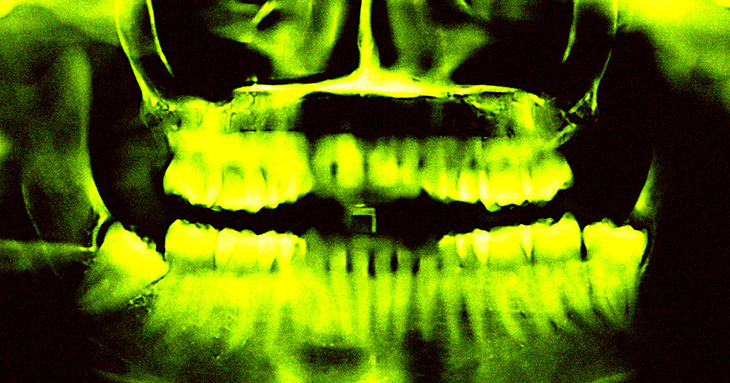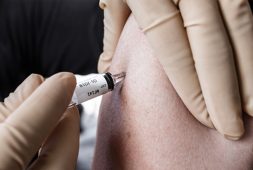
In June, a groundbreaking discovery in the field of dental science made headlines: a drug capable of regrowing adult teeth in mice was unveiled by Japanese dental scientist Takahashi. This achievement marked a significant milestone, offering hope for individuals suffering from tooth loss and congenital conditions like anodontia, where some individuals are born without certain teeth.
Building upon this remarkable finding, a pharmaceutical firm named Toregem Biopharma, generously funded by Kyoto University, where Takahashi is affiliated, has embarked on a new chapter. They are venturing into the realm of clinical trials in healthy human adults, slated to commence in July of the upcoming year. These trials aim to evaluate the efficacy of Takahashi’s revolutionary antibody-based drug. This drug specifically targets a protein responsible for suppressing the growth of new teeth from the “teeth buds,” a crucial developmental process.
The scientific community eagerly anticipates the outcome of these trials, as success would signify a breakthrough in the realm of regenerative medicine for dentistry. If the drug proves effective in adults, the subsequent phase of the trial will involve children afflicted with anodontia—a congenital condition affecting approximately 1% of the population, wherein individuals are born without certain teeth. Notably, 10% of anodontia patients suffer from oligodontia, a variation of the condition where they lack six or more natural teeth.
“The idea of growing new teeth is every dentist’s dream. I’ve been working on this since I was a graduate student. I was confident I’d be able to make it happen,” Mr. Takahashi said.
Takahashi’s journey toward this groundbreaking discovery dates back to around 2005 when he returned to Japan. His research delved into the intricate genetic mechanisms underlying tooth development, focusing on mice. By meticulously studying specific genes in mice, Takahashi identified key genetic factors that, when deleted, led to variations in tooth growth. Among these factors was a gene responsible for synthesizing a protein called USAG-1. Remarkably, when Takahashi neutralized this protein using an antibody, he observed that mice’s teeth were able to grow normally, offering a promising avenue for further exploration.
This scientific revelation not only holds the promise of revolutionizing dental care but also underscores the power of genetic research and targeted therapies. As the clinical trials approach, the world watches with bated breath, hopeful for a future where regrowing teeth becomes a reality for those in need, transforming the landscape of dentistry and improving the lives of countless individuals.



